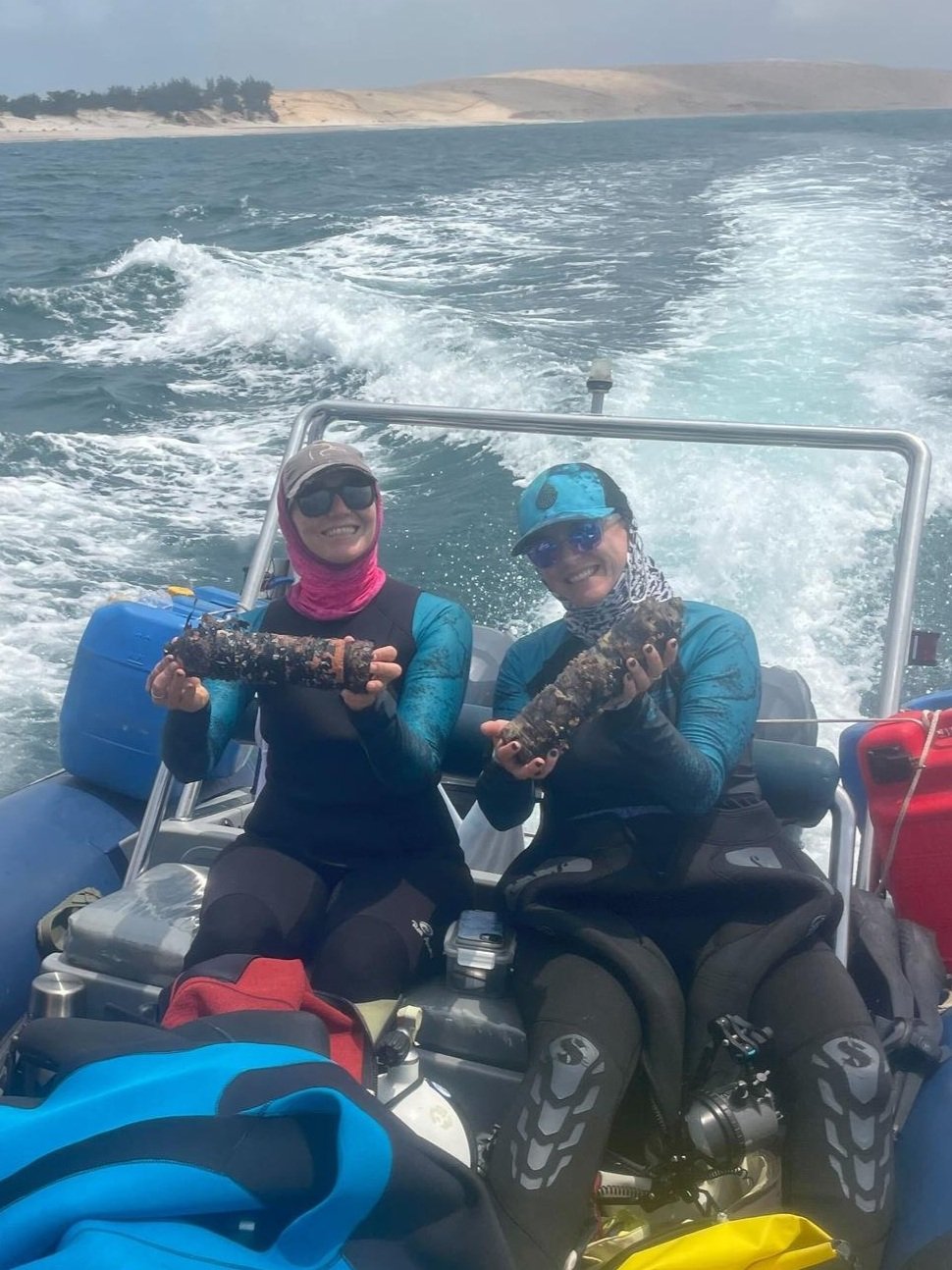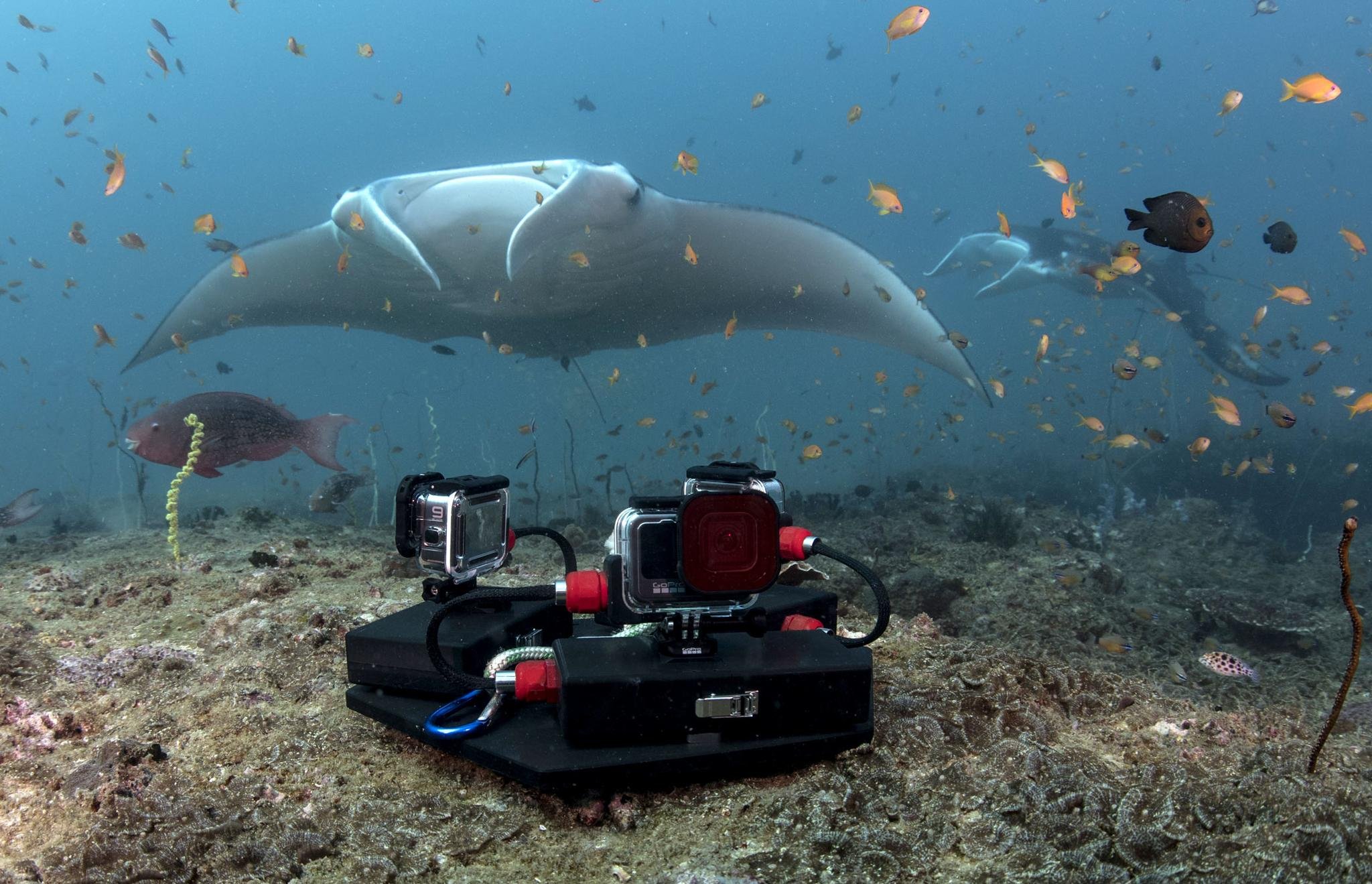Monthly Update for October
Hello!
It's the busy season for MMF – almost all of us are either at sea or preparing to disappear off into the field, with a few new exciting grant applications submitted!
Jessica Pate and her team have been doing a fantastic job in the US and Mexico, getting lots of tagging work done while dodging hurricanes, and they're now up to 200 identified manta rays in south Florida! The hugely talented Janis Argeswara is our new Country Manager in Indonesia, building on years of great leadership from Dr Ellie Germanov, who is now an advisor to the program. Janis was Ellie's first Indonesian research intern a few years ago; it's brilliant to see world-class researchers being developed within the MMF system.
I also want to highlight some significant new scientific work from Mozambique. Dr. Steph Venables has just published a crucial study analyzing 20 years of manta and mobula ray sightings off Tofo. Using data from the long-term monitoring program that Dr. Andrea Marshall began in 2003, the study has revealed dramatic declines in both reef and oceanic manta populations. This work demonstrates the value of sustained monitoring efforts, and the urgent need for continued conservation action in Mozambique and the Western Indian Ocean.
Speaking of Andrea, she's been busy doing speech and physical therapy, and is steadily improving. It's brilliant to see her getting better. Though we're missing her at MMF, her sole job now is rehabilitation – and with the support of family and friends, she's clearly attacking that with her (ab)normal dedication :)
As ever, if you've got questions, or want to find out how you can support this amazing work, just hit reply. In particular, if your business (or one you know) would like to set up a corporate partnership, we'd LOVE to talk with you. Thanks for your support!
Dr Simon Pierce
Executive Director
MMF Mozambique
NEW SCIENCE! Manta and Mobula Rays Under Threat
A new study, led by Dr. Stephanie Venables, has revealed alarming declines in manta and mobula ray sightings in Mozambique. Even after accounting for environmental change, reef manta ray sightings declined 97% from 2003 to 2023, and oceanic manta ray sightings declined 93% over the same period. An increase in fisheries pressure is the most likely driver of these declines – demonstrating that, though these species are now protected in the country, the conservation work is far from over.
Bazaruto Data Recovery
Some of the MMF science team are currently in the Bazaruto Archipelago performing maintenance on the acoustic receiver array. Here are Anna Flam and Nakia Cullain with some retrieved receivers! The data on these receivers will provide valuable information on the movements of tagged sharks and rays in the area, including reef mantas, bull sharks, and even the enigmatic ornate eagle ray.
A Huge Thank You to Breathe Conservation!
We are incredibly grateful to Sarah Ferguson, founder of Breathe Conservation (breatheconservation.org) and famed long-distance ocean swimmer, for her generous support of the Nemos Pequenos learn-to-swim program. Her support has provided invaluable training, advice on swimming and water safety, and swimming equipment that will support beginning swimmers to stay safe and confident in the water.
MMF Florida
Fantastic October (Despite Hurricanes)
The Florida Manta Project enjoyed a productive October, despite hurricane disruptions! Surveys identified 17 mantas, with three new individuals adding to the 29 spotted this year, and we're thrilled to announce a major milestone: our 200th individual manta identification in South Florida! This achievement, along with regular encounters of spotted dolphins, hammerheads, and spotted eagle rays, highlights both the resilience of our local manta population and the rich marine biodiversity in our survey area.
Satellite Tagging Data Arrives
Springtime manta ray tagging in central Florida is now yielding its first data points. The FMP team even undertook a 6-mile trek in Canaveral National Seashore to retrieve a washed-up tag before a hurricane hit. Analysis of this data will provide valuable insights into manta movements over the past few months.
Freckled Guitarfish Research Advances
With over 400 encounters and 200 unique individuals identified through photo-identification, this pioneering study on freckled guitarfish is providing critical insights into the ecology and behavior of this vulnerable species. Collaborative efforts with the University of Miami have further strengthened the project, leading to the development of a reliable tracking method combining photo-identification and acoustic tagging of 16 individuals.
Early Education Outreach
MMF's early education program reached 2,662 students and families in Palm Beach County through a grant from the Palm Beach International Boat Club, introducing them to marine conservation through "A Manta Ray's Journey" by Jessica Pate and Allie Brown.
International Collaboration for Manta Conservation
In a collaborative effort with NOAA Fisheries, Manta Caribbean Project, and Manta Trust, our team, led by Jessica Pate, embarked on a research expedition to Mexico. During this trip, we successfully tagged seven manta rays, equipping them with satellite tags to track their movements and gain valuable insights into their migration patterns and habitat use.
MMF Indonesia
Congratulations to Janis!
We’re excited to announce that Janis Argeswara, a seasoned MMF researcher and recent Masters graduate from Florida International University, is our new Country Manager for Indonesia! It’s extra special from a capacity-building perspective, as Janis was also MMF’s first Indonesian Research Assistant, mentored by MMF Research Associate and manta expert Dr Ellie Germanov. Janis will be continuing her research on manta ray reproductive ecology and conservation needs while leading our team in Southeast Asia.
New Remote Underwater Video Study
In collaboration with Indo Ocean Project, we have embarked on a research project to help unravel the mysteries of Nusa Penida’s manta rays. Utilizing Remote Underwater Video (RUV) systems, we aim to study the behavior, ecology, and social interactions of reef mantas at and around their cleaning stations. This technology will provide valuable insights into the factors that attract mantas to the very popular (with both mantas and divers) cleaning station at Manta Point.
Balancing Tourism and Conservation at Manta Point
To ensure the long-term health of Manta Point, Nusa Penida, MMF is conducting a comprehensive assessment of its social carrying capacity. By understanding the impact of tourism on the site, we can implement effective management strategies to protect both the marine ecosystem and the local community.
Inspiring Future Conservationists at Nusa Penida
MMF participated in a conservation competition for junior high schools in Nusa Penida, providing educational materials and questions to engage students in their local conservation challenges. Additionally, a collaborative session with Ecotourism Nusa Penida at SMAN 1 Nusa Penida offered presentations and interactive games about manta rays, turtles, and the power of citizen science. These successful events pave the way for future outreach programs in the area.
Mantahari is an MMF Indonesia Major Sponsor
“With every product sold, such as a cap made from recycled PET bottles, we support MMF in Indonesia."
Rest of the world
New Madagascar Team Member & Research Thesis!
We’re pleased to announce that Mialisoa Andriatsarafara, a Master’s student in Biodiversity and Environmental Management from the Institut Halieutique et des Sciences Marines, has joined the Madagascar Whale Shark Project team to study the influence of environmental variables on whale sharks. Additionally, Armel Mahevitra, one of the MWSP’s students from last year, has returned to continue his research on whale shark feeding ecology as part of his doctoral thesis.
Strengthening MPAs for Shark and Ray Conservation
A new study co-authored by Dr. Chris Rohner reveals critical gaps in shark and ray protection within Central and South American Pacific marine protected areas (MPAs). While MPA designation has expanded rapidly since 2010, the study found concerning misalignment between protected areas and critical habitats: only 7.3% of documented Important Shark and Ray Areas (ISRAs) overlap with no-take MPAs. MMF continues to actively contribute to the ISRA designation process across multiple countries, working to better align protected areas with essential habitats for threatened species.
Sharkbook.ai Levels Up Shark ID
Sharkbook.ai, the global shark photo-monitoring database, has enhanced its AI models for identifying whale sharks, leopard sharks, grey nurse sharks, and other species. This advancement significantly improves our ability to track and monitor these sharks worldwide. Dr. Simon Pierce has been working with the Spot A Shark team, University of the Sunshine Coast, and Queensland Dept of Science & Innovation to onboard critically endangered grey nurse (sandtiger) sharks to the system as part of a comprehensive monitoring program for the species.
Learn more about Sharkbook photo-analysis
We can't do all this alone.
Can you join MMF as monthly supporter?
Your support is crucial in fueling these vital efforts. By joining us, you become a champion for our ocean planet. Your membership directly contributes to:
Cutting-edge research on endangered marine wildlife
Empowering local communities through sustainable livelihoods
Educating the next generation about ocean conservation
Together, we can create a healthier, more vibrant ocean for all.
Thanks again for your support!
Dr Simon Pierce
Co-founder, Marine Megafauna Foundation



















